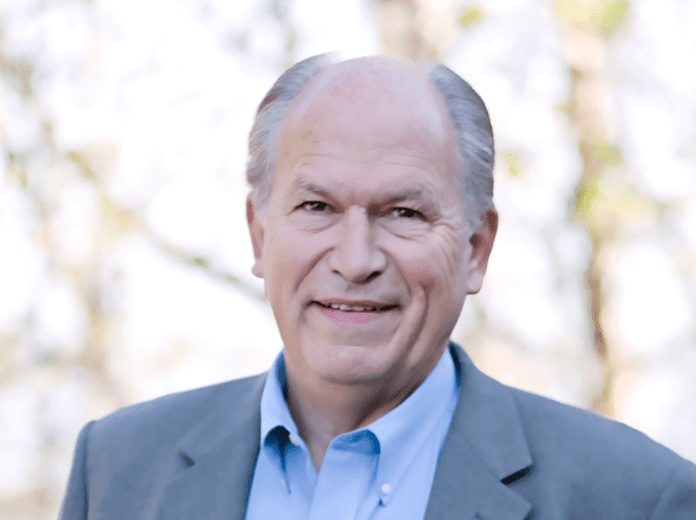1. How would your administration balance the needs and allocations of all fisheries user groups, taking into consideration the importance of commercial fisheries to the statewide revenue stream?
Any attempt to achieve balance across user groups must be rooted in science. This requires a Department of Fish and Game that is adequately funded and able to budget for the long term. Byron and I are the only candidates in this race who have fought tooth and nail over the last four years for a comprehensive fiscal plan that would provide the biologists at DF&G with the resources they need to execute their mission. The strength of the science we use to make critical decisions about our fisheries should not be dictated by the price of a barrel of oil on a given day. The progress we have achieved towards a long-term fiscal plan has allowed us to diversify state revenue beyond oil and has closed 80% of our budget deficit.
We also must continue to set politics aside and recognize when a broken system is preventing us from getting to solutions. We need to empower scientists to make decisions for our fisheries, rather than defaulting to the political representatives of fractured, partisan groups. Applying the same kinds of reform that have gotten results in the Legislature to our fisheries management represents a major goal for the next four years.
2. How do you plan to impartially serve all Alaskans, regardless of their political viewpoint?
I was born and raised in Alaska and Byron and I represent the only Independent governing team in the nation. I continue to believe in the independent approach that has defined our state, while recognizing the world and Alaska have changed. At the heart of my reasons for running for public office is my belief that partisan politics represents a threat to progress and that we can get a lot more done when we work across party lines. As Alaska’s Independent Governor, I have worked hard to support and strengthen tribal and local governments by working on solutions to the state’s fiscal problems, supporting health care and Medicaid expansion, education, and public safety programs that are vital to communities, while also fighting to close our budget deficit so that our economy can get back on track. It is telling that the decisive vote on the fiscal plan compromise this year included 8 Republicans, 10 Democrats, and 2 Independents, a combination currently unheard of in the mess that is Washington DC. That’s the value of independent leadership.
3. Now that the Alaska Permanent fund is being used to balance the state budget, what is your specific plan to address the chasm between state revenues and expenditures and to restore economic balance?
I ran in 2014 on tackling the state’s budget deficit and I kept my word. We have overcome intense partisanship to close 80 percent of the deficit inherited. We have reduced spending to the lowest level since 2007. Thanks to the fiscal plan compromise: we no longer plan our budget around the price of one highly volatile commodity, oil.
In the short-term a balanced budget requires continuing the hard work on the progress we have made towards a fiscal plan, rather than just spending down our savings and hoping for the best. Long-term, Alaska will require a simple, broad-base tax connecting our economy to the infrastructure we count on, forcing outside workers to contribute. Byron and I have committed to tell Alaskans the truth, no matter how “politically incorrect,” and this is a basic truth.
4. What would you do to support continuous adequate funding for the Alaska Marine Highway System, and the scheduling needed to serve coastal communities?
I have always supported the Marine Highway system as a critical means of transportation for thousands of Alaskans. As a longtime Prince William Sound and Valdez resident my family and I relied on the ferry to connect with friends and family in other communities.
In 2016, I signed an MOU with Southeast Conference to suggest different ways of enhancing baseline service for Alaskans. Their work–the AMHS Reform Project–has garnered thousands of comments from everyday Alaskans and has produced key affirmative recommendations to improve the longevity of the system going forward.
This year, I supported the $140 million funding requested in FY18 Budget which included money for ferry overhauls, certifications and terminal and dock work. I will continue to fully fund the AMHS and will work to minimize any future gaps in service.
5. What role do you see tribes playing in Alaska’s future?
I know the important role of tribes in Alaska. These sovereign entities root Alaska in a rich history dating back 10,000 years. I will continue to build on the State’s working relationship with tribes through the Governor’s Tribal Advisory Council.
Commissioners across all departments have also been instrumental in allowing tribes a voice in important decisions that are relevant to their way of life. I have seen firsthand these relationships grow and flourish.
I would rather solve problems by coming to the table and discussing versus having our disagreements decided in a courtroom. I’m proud that we have signed our first compact with Tribes focusing on child welfare that will increase access to healthcare. I will continue to negotiate agreements to not only enhance the self-government of tribes, but to improve the overall effectiveness of state government for our rural communities and for all Alaskans.















